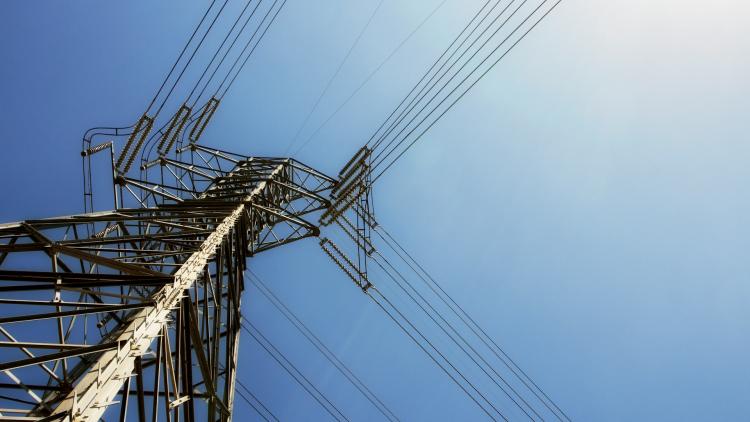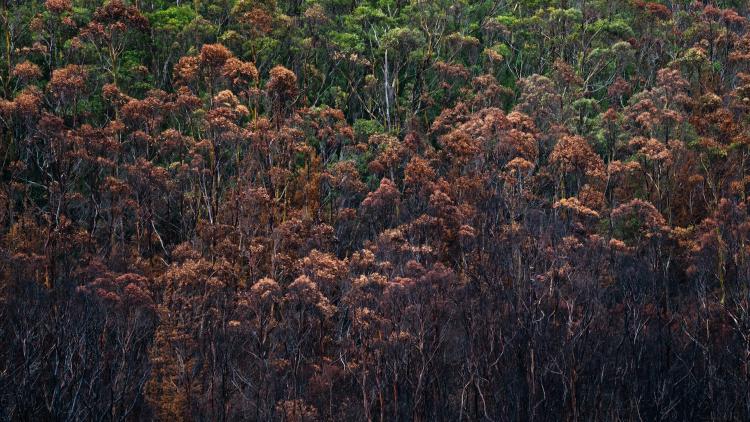
The Bretton Woods Institutions at 80: Where do we go from here?

Key information
- Date
- Time
-
5:00 pm to 7:00 pm
- Venue
- SOAS University of London
- Room
- Khalili Lecture Theatre (KLT)
- Event type
- Conference & Event highlights
About this event
This year marks 80 years since the United Nations Monetary and Financial Conference, convened on 1 July 1944 at the Washington Hotel in Bretton Woods, New Hampshire, in the United States.
The Conference, attended by 720 delegates, agreed the Articles of Agreement of the International Bank for Reconstruction and Development (IBRD), which would later become the World Bank, and the International Monetary Fund (IMF) – known as the Bretton Woods Institutions (BWIs).
The institutions created at Bretton Woods and the world, economy and geopolitical environment in which they operate have changed nearly beyond recognition since 1944. Yet, the colonial power structures remain in their unreformed, undemocratic governance structures. A large body of academic and other literature challenges the ‘progress’ and ‘success’ narratives advanced by the BWIs and their principal Global North shareholders, noting that the fruits of the system have largely accrued to the Global North elites and a few Global South counterparts, while contributing to existential climate and other crises.
As the world faces multiple crises and confronts an increasingly fragmented and contested multipolar world order, long-standing questions about the suitability of the global economic order and the power imbalances the BWIs perpetuate have once again come to the fore, not only in the corridors of ministries, universities and multilateral organisations – but also in domestic political arenas.
At the 80th anniversary of the establishment of the BWIs, and in the context of the preparations for the 2025 4th UN Conference on Financing for Development, the Bretton Woods Project and the SOAS Centre for Sustainable Finance host a distinguished group of panellists to critically analyse the opportunities for, and challenges to, reforms of the BWIs and the international financial architecture more broadly.
The event will use pivotal issues such as the evolving debt crisis, the contentious issue of ‘green conditionalities’ and related market-solutions to the climate crisis, gender inequality, the financialisation of international development, and the reform of multilateral development banks to contextualise wider debates about the future of the BWIs.
Programme
Speakers
- Prof Naila Kabeer, Professor of Gender and Development Department of International Development, LSE
- Dr Farwa Sial, Senior Policy and Advocacy Officer, Eurodad
- Emma Burgisser, Economic Justice Policy Lead, Christian Aid
- Prof Ulrich Volz, Professor of Economics and Director of the Centre for Sustainable Finance at SOAS, University of London
The panel discussion will be followed by an audience Q&A.
The discussion will take place from 17:00 to 18:30, with refreshments provided after the panel.
This is an in-person event only, with no livestream or recording available. Please register here.
Header image credit: Laura Peruchi via Unsplash.



